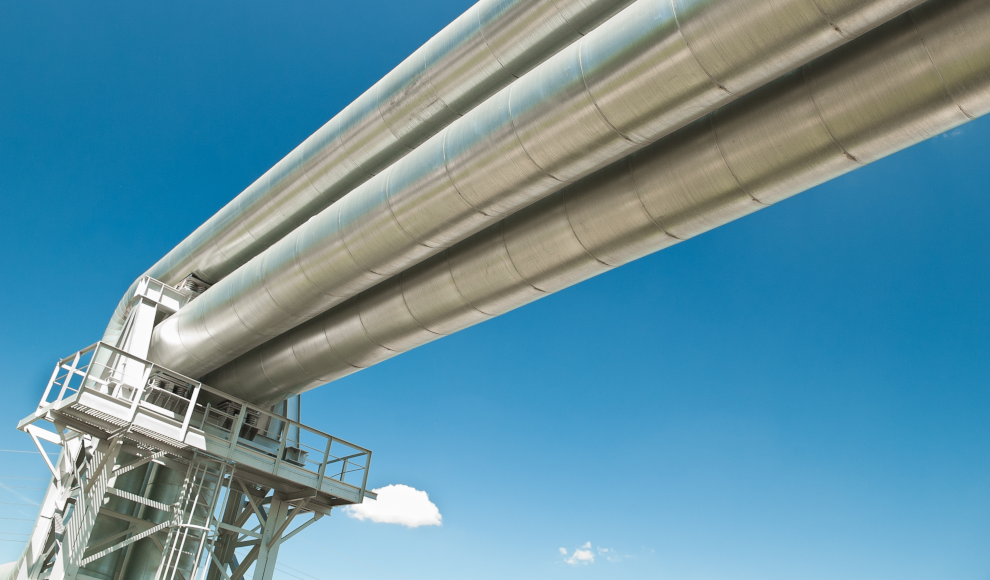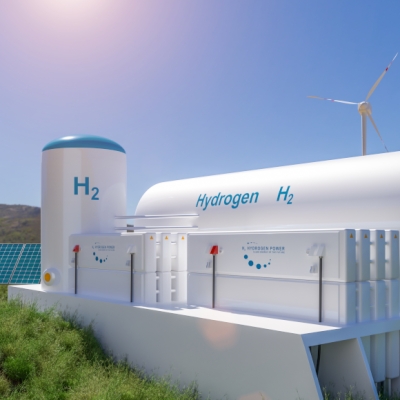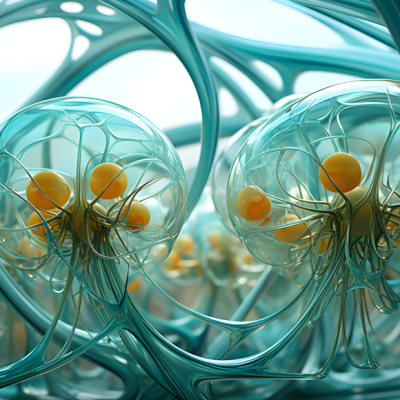Germany’s 550,000-kilometer gas network can be used for hydrogen transport, according to a study by the German Association of Gas and Water Experts (DVGW) and the University of Stuttgart’s Materials Testing Institute. The study found that the steel used in the gas pipelines can withstand hydrogen corrosion, and only a few components need to be replaced. Currently, natural gas is the primary fuel for industry and heating. However, green hydrogen could replace gas in the future. To transport the volatile gas to the point of consumption, it can be transported as liquid hydrogen or in a bound form. Alternatively, hydrogen can be sent through the existing natural gas network, which is much simpler, faster, and cheaper.
The problem is that hydrogen causes embrittlement and corrosion in many metals. It was previously unclear whether the German gas pipelines would become brittle and crack when in contact with water. Therefore, natural gas can only be mixed with a maximum of ten percent hydrogen. The study, SyWeSt H2, examined the susceptibility of German gas pipelines to hydrogen corrosion. Researchers took steel samples from different high-pressure pipelines and distribution lines, including old lines from 1930 and new pipes made of modern steel grades.
The tests exposed the samples to hydrogen pressure at 100 bar and different loads. The study found that all pipeline and pipeline steel tested in the project is fundamentally suitable for transporting hydrogen. There were no negative changes observed in the pipeline materials at low hydrogen pressure, which is typical in smaller distribution lines. Even at high-pressure hydrogen, the tested steels met the safety requirements for fracture strength and operational aging. Therefore, the existing 550,000-kilometer gas network is suitable for hydrogen transport.
According to Gerald Linke from DVGW, only individual components or station elements need to be upgraded or replaced, and the cost of replacing individual components is estimated to be around €30 billion. This is relatively low compared to the total cost of the natural gas network, which has cost around €300 billion. The study shows that the natural gas network can significantly simplify the hydrogen future of the country. The German government must now use this potential and pave the way for hydrogen economics to meet its accelerated climate protection goals.










